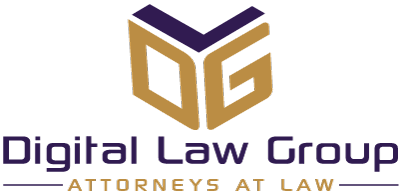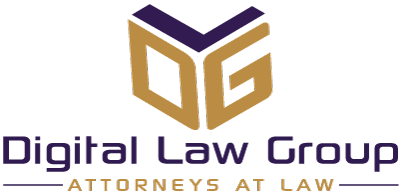On March 12, the Federal Trade Commission (FTC) began mailing refund checks totaling some $7.2 million to more than 218,000 consumers who purchased products from Allstar Marketing Group LLC that included an offer for a free product in connection with those purchases. The refunds, averaging $33 per consumer, are a result of an investigation by the New York State Office of the Attorney General and a subsequent 2015 settlement with the FTC.
Allstar is alleged to have violated multiple consumer protection laws by its deceptive advertising practices involving products including, among others: Snuggie, Perfect Bacon Bowl, Magic Mesh Door, Perfect Brownie Pan, and Cat’s Meow. According to the FTC complaint, consumers who purchased Allstar’ s products thought, for example, that they were getting two Snuggies for the low price of $19.95, but in reality, were charged processing-and-handling (P&H) fees for both items, bringing the total purchase price to $35.85. Further, customers were not given the option to decline the promotional buy-one-get-one-free (BOGO) offer.
With the multimillion dollar settlement and refund checks making national news, consumers and regulatory bodies may be on the lookout for similar marketing strategies by other leading marketers. To be sure, FTC law enforcement actions led to more than $6.4 billion in refunds for consumers during the one-year period from July 2016-June 2017. As such, marketers should be cognizant of what product offerings may raise red flags, particularly since consumer protection laws are typically broad generalizations rather than prohibitions on specific marketing strategies.
Accordingly, while some disclosures need to be more conspicuous than they once were, BOGO offers still generally have the green light. That being said, there are three main areas of concern: the use of the word “free” (especially with a modifier such as “absolutely”); P&H disclosures; and the ability to opt out of the free offer.
First, use of the word “free” could garner some unwanted attention and scrutiny from regulatory agencies. Even when the only cost for the additional item may be processing and handling, and the additional item is technically free, if the charges for P&H are as costly as the product itself, and nonrefundable if the product is returned, that offer would likely constitute deceptive advertising tactics. It is therefore recommended that distributors avoid BOGO offers with costly P&H charges. However, those who insist on a BOGO offer while still charging significant P&H fees should use alternative language to convey that the second item is “free.” Not so creatively, for example, “As a bonus, we will also send you this second [product]. Just pay an additional [amount] for processing and handling.”
To further steer clear of FTC scrutiny, P&H fees should be shown on the screenshot in the commercial (preferably stated in the script as well), on the website’s order page, and in a confirmation email to the consumer. According to compliance guidance provided by the New York Attorney General, the amount of any processing and handling or other fees (excluding taxes) is a material term that must be disclosed in an advertisement if the total amount of such fees exceeds the amount consumers would reasonably expect to pay for processing and handling. Expectations take into account the applicable shipping method for a product of similar price, size, and weight. Finally, a consumer should be provided with the option to opt out of the BOGO offer and be allowed to purchase a single item.
As laws can vary from state to state, be sure to consult with an attorney experienced in consumer protection regulations prior to launching a marketing campaign for a new product.


